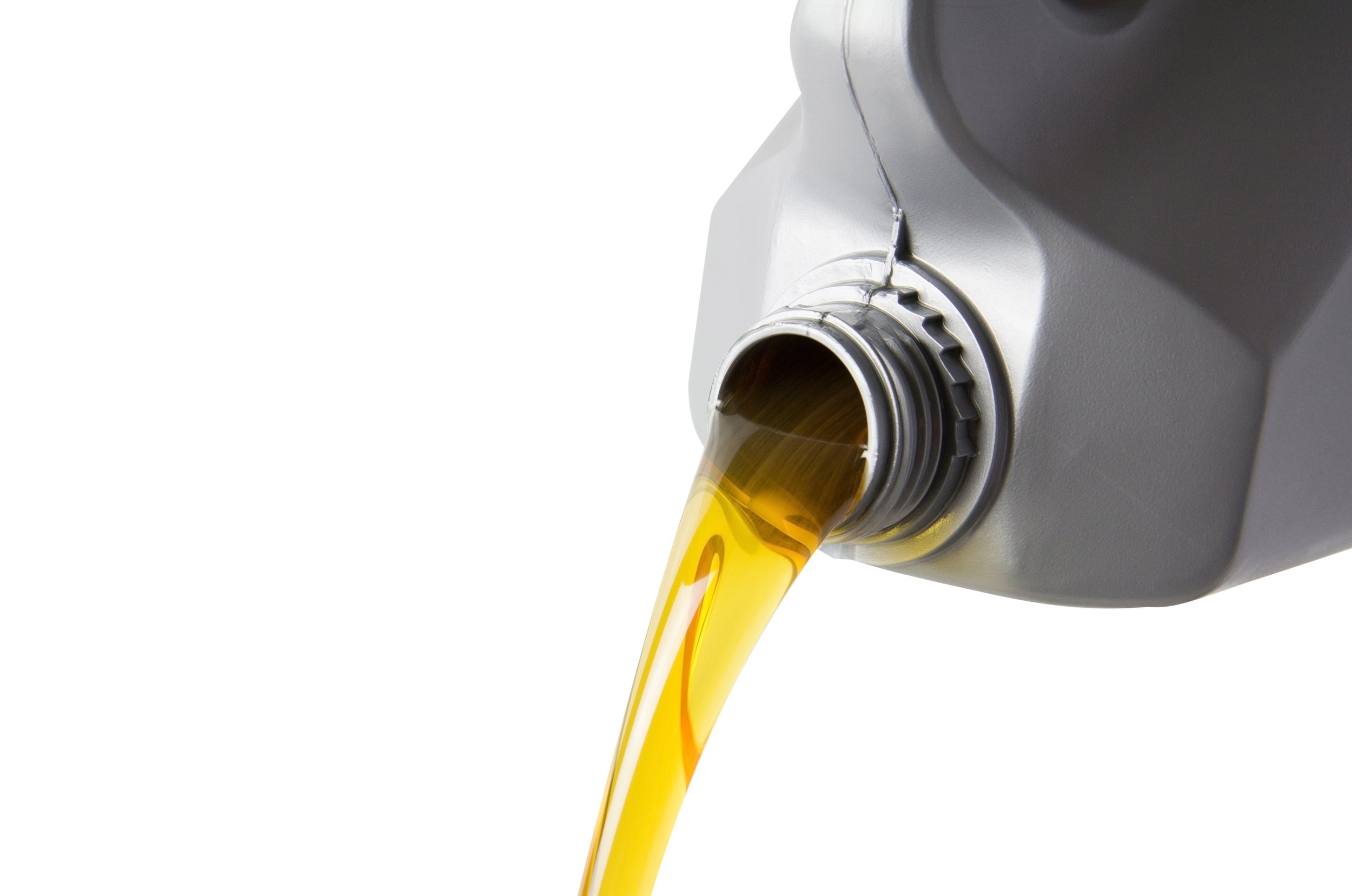When it comes to fuel, not all types are created equal. Different engines and machines require different fuel grades for optimal performance and longevity. Understanding the nuances of fuel grades is crucial for businesses, consumers, and enthusiasts alike. In this post, we’ll explore the various fuel grades, their specific applications, and how choosing the right type can benefit you.
What Are Fuel Grades?
Fuel grades are classifications based on the quality, composition, and properties of the fuel. The most common grades you’ll encounter are regular, mid-grade, and premium gasoline, along with various types of diesel fuel. Each grade has a specific octane rating, which indicates its ability to resist engine knocking or pinging during combustion.
Gasoline Grades
- Regular Gasoline: Typically has an octane rating of 87. It’s suitable for most vehicles and is the most commonly used fuel grade.
- Mid-Grade Gasoline: With an octane rating around 89-90, this grade is a step up from regular and is often used in vehicles that require a bit more performance.
- Premium Gasoline: This highest grade, usually with an octane rating of 91-94, is designed for high-performance engines found in luxury vehicles or sports cars.
Diesel Fuel Grades
- #1 Diesel: Also known as winter diesel, it’s more refined and has a lower viscosity, making it suitable for colder climates as it prevents gelling.
- #2 Diesel: Commonly used for everyday diesel engines, #2 diesel is less refined and has a higher energy content, ideal for warmer weather.
- Biodiesel: This is a renewable, biodegradable fuel made from vegetable oils or animal fats. Biodiesel can be used on its own or blended with petroleum diesel.
Applications and Benefits
For Everyday Vehicles
Most consumer vehicles are designed to run efficiently on regular gasoline. Using a higher-octane fuel than your vehicle requires doesn’t offer any added benefit in terms of performance or fuel economy.
High-Performance Engines
Vehicles with high-compression engines, like sports cars or luxury models, often require premium gasoline. The higher octane rating prevents knocking, which can damage the engine over time.
Diesel-Powered Vehicles and Equipment
For trucks, buses, and construction equipment, diesel fuel is the go-to. #2 Diesel is ideal for general use, but in winter, switching to #1 Diesel can prevent fuel line freezing. Biodiesel is an eco-friendly option, reducing emissions and dependence on fossil fuels.
Why Choosing the Right Grade Matters
- Engine Health: Using the correct fuel grade helps maintain engine health and efficiency.
- Performance: High-performance engines can achieve their designed output only with the right octane rating.
- Cost-Effectiveness: While premium fuel is more expensive, using it in a car that doesn’t require it is an unnecessary expense.
- Environmental Impact: Choosing biodiesel or higher-quality fuels can reduce emissions and environmental impact.
Get the Most Out of Your Equipment with the Right Fuel Grade
Understanding fuel grades and their applications is key to ensuring the longevity and performance of your vehicle or equipment. At Reeder Distributors Inc., we provide a range of fuel options to meet your specific needs. Whether it’s for a fleet of trucks, a luxury car, or industrial machinery, choosing the right fuel grade is a simple yet crucial step in maintaining your investment.
Remember, the right fuel not only keeps your engine running smoothly but also contributes to a healthier environment. Reach out to Reeder Distributors Inc. for more information on fuel grades and how to select the best one for your needs.
Contact Reeder Distributors
Ready to fuel up with the right grade? Contact Reeder Distributors Inc. today for top-quality fuel solutions tailored to your requirements. Let us help you drive efficiency and performance to the next level.





